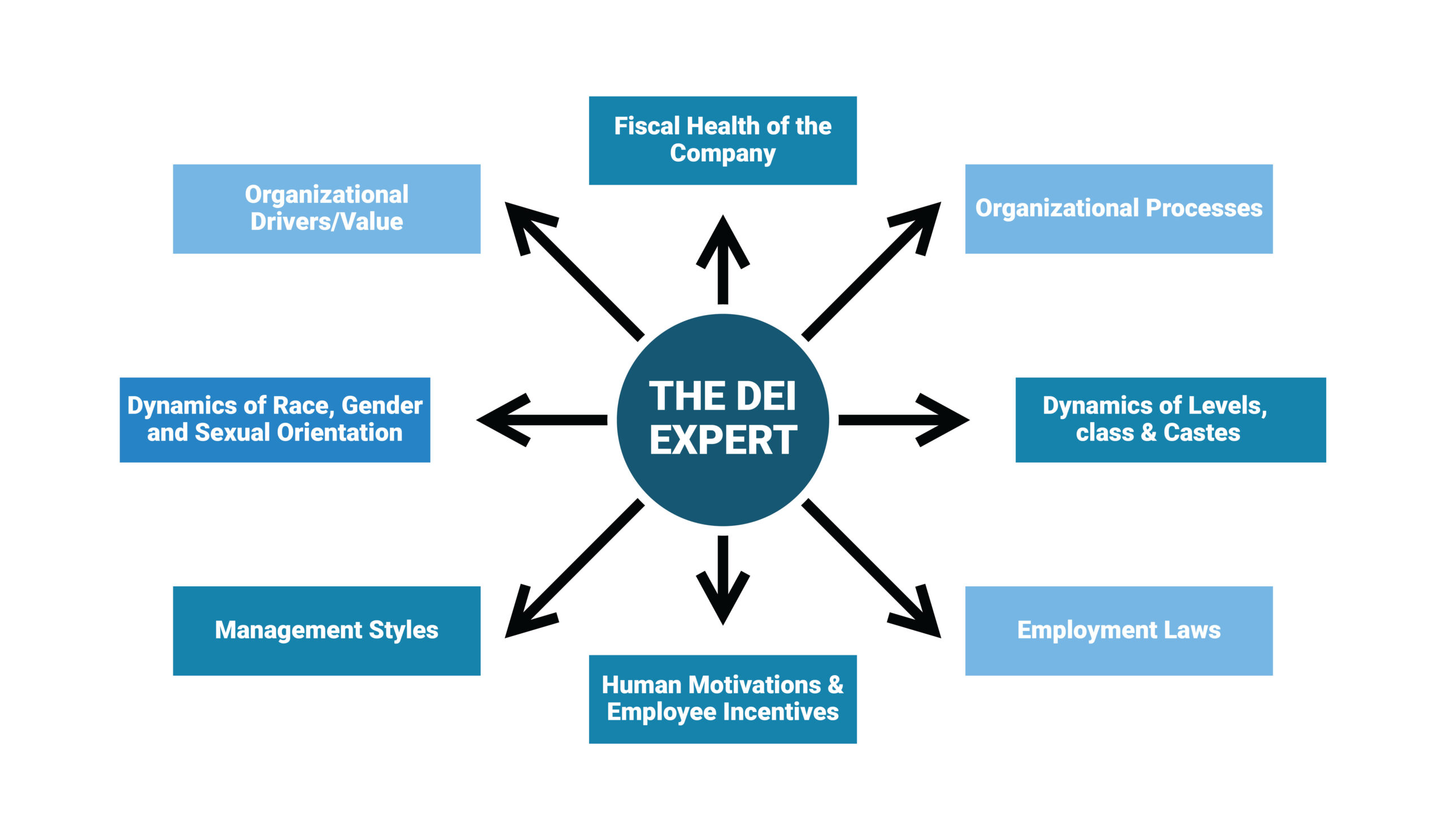
We all struggle with giving and receiving feedback. It can hit an emotional cord or remind us of an awful experience. Unfortunately we have all been on the receiving end of feedback that wasn’t delivered effectively. However, receiving feedback is one of the most transformational gifts we can receive, so why is it so difficult to give and receive?
A key responsibility of any manager is to provide open, honest, direct and transparent feedback to their employees. However, in an effort to be perceived as “nice, good, supportive”, many managers have slipped into a bad habit. In an effort to avoid confrontation they bury a difficult message in anonymous 360 reviews or non-traditional on-line organizational portals and assessments.
360 assessments can be an effective feedback and developmental tool to understand how we perceive ourselves and how key stakeholders perceive us. They can help those who struggle in providing feedback by giving them a vehicle to share important and specific feedback. However, only providing feedback through indirect channels comes with challenges that can have a long-term negative impact. When a manager is not providing his/her employee or team with direct and in the moment feedback it creates a disconnect and the employee is not aware of where they stand. If a manager is not sharing how he/she feels about someone’s work the opportunity for development and conversation is lost.
When utilizing anonymous feedback, it reflects an organizational belief that it’s risky to disclose what you are thinking or feeling or that people can’t handle delivering or receiving the truth. When an organization gives the message that we are unable to give one another candid feedback face-to-face, then you have to ask where else in the company does anonymity live? Where else in the organization are people withholding what they think and feel? What price are we paying for that?
On an individual level, the person receiving anonymous feedback often struggles to understand what to do with the results because he or she isn’t sure where it is coming from. More importantly, people lose the opportunity to build meaningful relationships. Failure to establish and enrich relationships is what costs organizations in the long run.
Rather than anonymous 360-degree feedback, companies should be practicing face-to-face feedback, every work day of the year. Most people avoid difficult conversations because they are painful, awkward, and well, difficult. People need to learn how to provide effective feedback, and need to learn how to adjust their approach, depending on who their audience is. Effective feedback is a combination of providing historical facts of the problems, challenges and/or issues, and to then provide suggestions and solutions for the person to make constructive changes that will help them.
Executive suites are littered with the corpses of brilliant people who flamed out because they failed to recognize the importance of human connectivity, understanding colleagues and customers at a deeper level, which provides the foundation to have open, honest and at times difficult conversations. Without the relationship, which creates trust, it’s almost impossible to have constructive dialogue that will be effective.
Authentic and respectful conversations tackle reality, provoke learning, resolve tough challenges. They enrich, rather than devalue, relationships. The ultimate goal of effective feedback is to create a transparent, authentic performance-driven culture.
If you are interested in how MCG Partners can assist your organization, leaders, and employees in developing an authentic performance-driven culture, please contact John Griffith at john.griffith@mcgpartners.com.
About MCG Partners
MCG Partners a woman-owned, Greater Boston-based consultancy specializing in executive coaching, leadership development, talent management, and organizational development solutions. We help businesses optimize success through the entire management life-cycle. MCG Partners is also a Predictive Index® (PI®) certified partner.









Although it’s not always as sugar-coated as I’d like, reframing feedback as a gift has made all the difference in my life and my business.